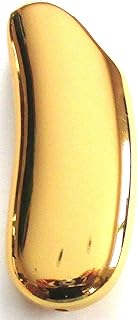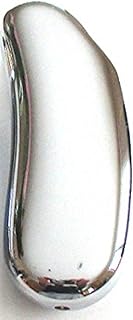* Variable Fuel Consumption: The amount of butane used per flick depends on several factors:
* Flick duration and intensity: A long, strong flick uses more fuel than a quick, light flick.
* Wind conditions: Wind can affect the flame's size and duration, impacting fuel consumption.
* Ambient temperature: Colder temperatures reduce butane's vapor pressure, potentially making each flick use more fuel.
* Lighter Design: Different BIC lighters have different fuel tank sizes, affecting the total amount of butane available.
* User Behavior: How consistently you use the lighter also matters. Some people might use it for short bursts, while others might hold the flame for extended periods.
Instead of a specific number, it's better to think about these factors:
* Lighter Capacity: A standard BIC lighter typically holds enough butane for hundreds of flicks, possibly even thousands, under ideal conditions.
* Fuel Gauge: Many BIC lighters have a transparent fuel tank. You can visually gauge when the fuel level is running low.
* Flame Quality: As the fuel runs low, you'll notice a decrease in flame height and stability, indicating it's time for a refill.
In conclusion, there's no magic number, but with careful observation and a bit of experience, you'll be able to tell when your BIC lighter is getting close to needing a refill.


